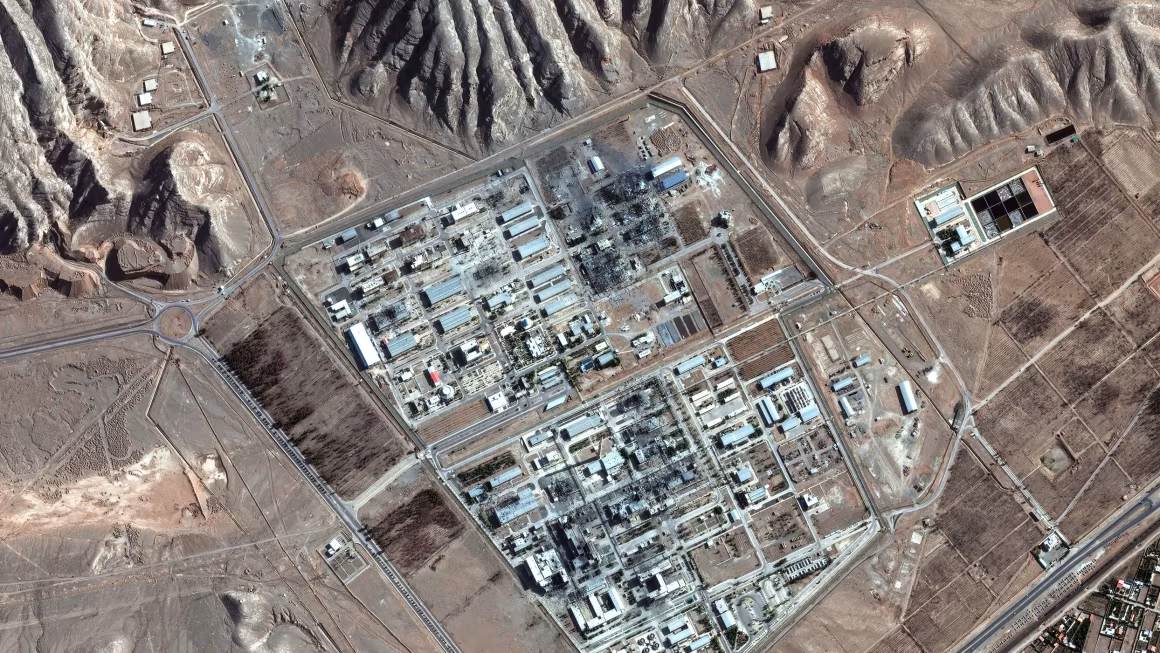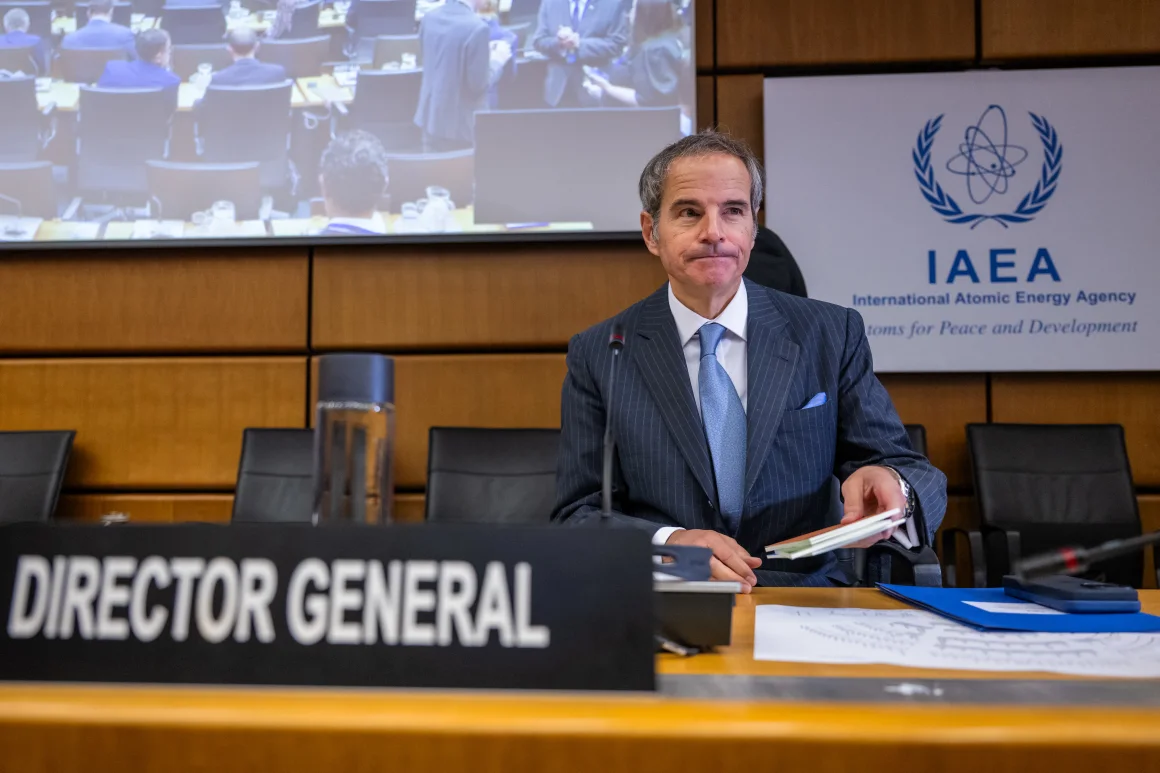President Pezeshkian Signs Off on Controversial Move
Iran Stops Cooperation with UN because Iranian President Masoud Pezeshkian formally endorsed a bill calling for an end to Iran’s cooperation with the International Atomic Energy Agency (IAEA) on Monday. The bill, which was enacted by parliament last week, represents a dramatic change in Iran’s position regarding international monitoring of its nuclear program and is likely to shield any future attempts by Tehran to resume its nuclear program.
Tehran Accuses IAEA of Bias and Espionage

The decision comes amid criticism by Iranian authorities who accused the IAEA of cooperating with Israel, which has enabled recent bombings in Iran’s nuclear facilities. While the agency refutes such claims strongly, Iranian parliamentarians perceive the actions of the IAEA as discriminatory and detrimental to national security.
A report on state media outlet IRNA stated that President Pezeshkian tasked the Atomic Energy Organization of Iran, the Supreme National Security Council, and the Foreign Ministry with enacting the law right away.
Possible Fallout: No Timeline in Sight
While the law’s timing and implementation plan are still unclear, the stakes are high. The advance would potentially enable Iran to reconstitute its nuclear program without the inspections and oversight required by the Non-Proliferation Treaty (NPT) that Iran is a signatory to. The NPT calls for all members to permit verification of their nuclear programs to guarantee peaceful use.
Global Reaction: Mixed Responses and Increased Concerns
An IAEA official, in an interview with Share4all, confirmed recognition of Iran’s move but added that the agency waits for official word from Tehran about the law.
In turn, the U.S. State Department denounced the action, calling it “unacceptable” and calling on Iran to resume full cooperation right away. Department spokeswoman Tammy Bruce said Iran has a “window of opportunity” to return to a course of diplomacy and peace.
At the same time, Germany threatened that the move gives a “catastrophic signal.” Foreign Ministry spokesman Martin Giese stressed that Iran’s cooperation with the IAEA is a prerequisite for any resolution through diplomacy, Agence France-Presse (AFP) reported.
United Nations and the International Community Respond

UN Secretary-General spokesman Stephane Dujarric called the move “concerning” and echoed calls by Secretary-General Antonio Guterres calling for Iran to abide by international nuclear commitments and cooperate with transparency with the IAEA.
Background: Conflict Escalation Between Iran, Israel, and the West
This law decision is a climax of a heated war between Iran and Israel, in which Israel attacked the Iranian generals, military bases, and scientists working on atomic bombs. Backing it, the United States bombed Iranian atomic facilities in Natanz, Isfahan, and Fordow.
Iran states that the attacks resulted in extensive damage to its infrastructure but maintains it will not desist from enriching uranium for what it terms a “peaceful nuclear program.”
On Sunday, the IAEA stated that although the US attacks were a serious setback, Iran still has the capacity to restart uranium enrichment “within months.”
IAEA’s Latest Report Stirs Alarms
Only minutes before the Israeli attacks, the IAEA published a report stating it could no longer confirm the peaceful use of Iran’s nuclear program. The report also verified that Iran was enriching uranium to near weapons-grade levels. This led the agency to vote for a resolution condemning Iran, further deteriorating the relationship between Tehran and the IAEA leadership.
Iranian leaders, including the nation’s Supreme Leader Ayatollah Ali Khamenei, have flatly rejected any intention of acquiring nuclear arms. Khamenei has repeatedly affirmed that weapons of mass destruction are forbidden under Islamic law.
Nuclear Tensions Date Back to 2018
Iran’s recent move is based on a larger background that started when the previous U.S. President Donald Trump in 2018 pulled out of the nuclear deal signed originally during President Obama’s presidency. After withdrawing from the agreement, Iran slowly dropped its compliance with the agreement and began enriching the uranium to higher concentrations.




















